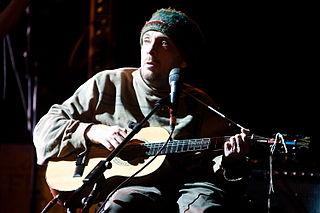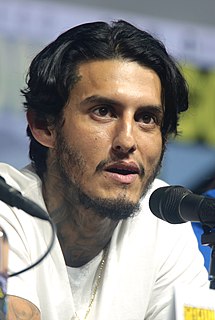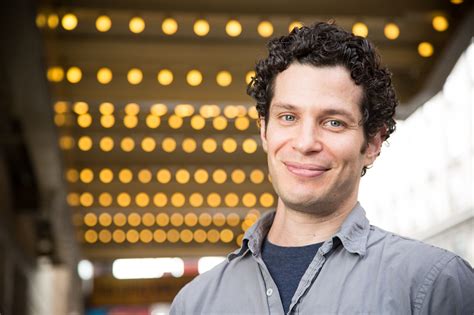A Quote by Haroon Moghul
There are so many stories that need to be told and are not being told. We tend to want to put things in boxes: "This is a memoir about a Muslim," or "This is a memoir about a woman or a normal personal." There's a certain story that assumes to be universal. Everyone else is ethnic fiction. Anyone can aspire to universality.
Related Quotes
After I wrote my memoir, 'A Long Way Gone,' I was a bit exhausted. I didn't want to write another memoir; I felt that it might not be sane for one to speak about himself for many, many, many years in a row. At the same time, I felt the story of 'Radiance of Tomorrow' pulling at me because of the first book.
We need more female directors, we also need men to step up and identify with female characters and stories about women. We don't want to create a ghetto where women have to do movies about women. To assume stories about women need to be told by a woman isn't necessarily true, just as stories about men don't need a male director.
Going from memoir to fiction was fantastic. I had been afraid to move away from memoir; I'd written some novel drafts, but they weren't well received by my agent at the time, and it had been drilled into me that "memoir outsells fiction two to one" (not sure if that's true anymore, or if it ever was), so I felt like the only smart thing to do, professionally, was to keep mining my life for painful moments to recapitulate.
There's so many ways to be a voice and that's what I'm figuring out. Being an artist, being an actor, it's about telling stories that could heal, that could open up discussion that could make the community better. There are many (Latino) stories that need to be told and haven't been told right. If I could help be that voice then that's what I'm going to do, because this is a reality for me.
A fine memoir is to a fine novel as a well-wrought blanket is to a fancifully embroidered patchwork quilt. The memoir, a logical creation, dissects and dignifies reality. Fiction, wholly extravagant, magnifies it and gives it moral shape. Fiction has no practical purpose. Fiction, after all, is art.
But it's hard for me to pinpoint where all my characters and dialogue come from - imagination or real life. My memoir, of course, was all about my past, and many of the short stories cleave very closely to my life, but the more stories I wrote in the collection, the more that seemed to be invented, but who knows... I think I'm writing about a young woman with acne who shoplifts, but I'm really writing about myself.
Each of us is comprised of stories, stories not only about ourselves but stories about ancestors we never knew and people we've never met. We have stories we love to tell and stories we have never told anyone. The extent to which others know us is determined by the stories we choose to share. We extend a deep trust to someone when we say, "I'm going to tell you something I've never told anyone." Sharing stories creates trust because through stories we come to a recognition of how much we have in common.
I don't think that there's a target audience at all. These stories were in circulation. The stories were told by men, told in the marketplace by men, but also behind doors by women, but there's no real record of this. It's likely they were told by women to children in their interior rooms. The story could be a negative story, they could be presented as a, "Watch out! Women will get round you, do things to you, weave you in their toils." It could be buried in it an old cautionary story about women and their wiles.

































